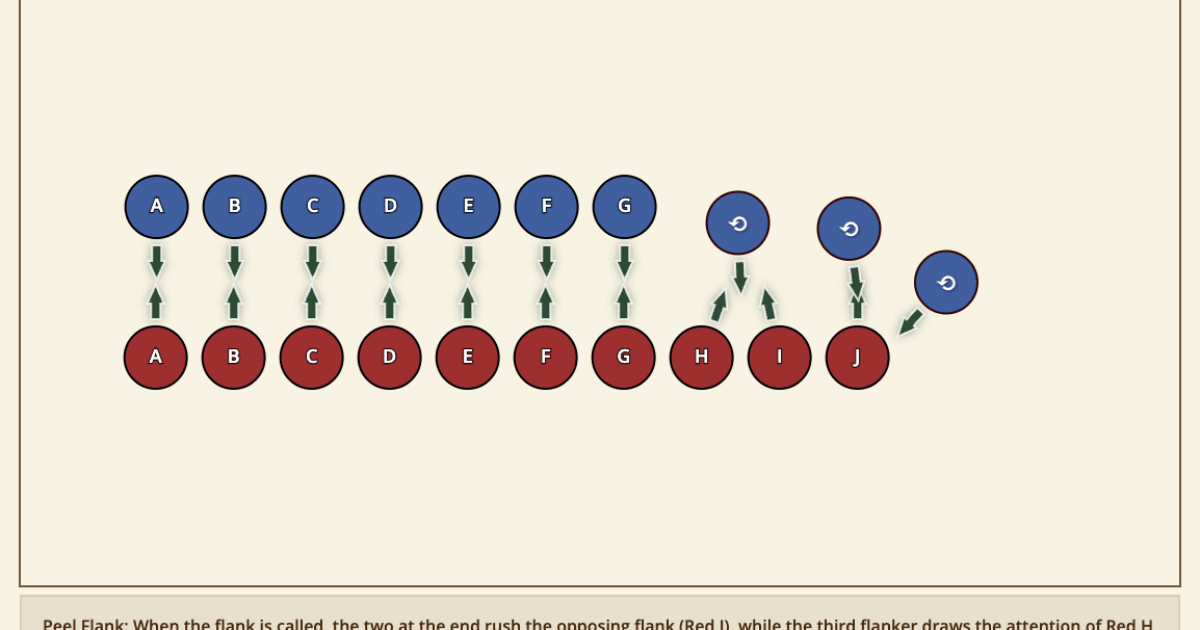A while ago, Kane asked me to write something up about how to be a good leader. Leading on the fencing field is probably my favorite thing about fencing, and I think I’m an effective leader. That doesn’t mean I win every battle, or am totally awesome, it just means I lead well. So I’ve thought about a few things that make effective leaders – or at least things I do that work. Here they are.
- Tactics
- Commanding
- Management
- Adaptability
Tactics
A good leader needs to have a good knowledge of battle tactics. This means he/she should have a number of different strategies that he/she is familiar with, such as the Wall of Swords, Flanking Maneuvers, Killing Pocket, Forlorn Hope, Pressing the Line, etc. There are a lot, and I can go into detail about them later. Does a leader need to be an expert at tactics? No. A good leader should always pull on the resources of his/her soldiers, and often times there are fencers who are great tacticians that may not be effective leaders. Talk to your team. Find out what tactical knowledge you have as a group. In melee, no one person can win the fight – not the commander, not the harrier, not the flanker – everyone is necessary and should be working together. That is what wins melee: effective teams. A good leader should understand tactics, but be willing to take suggestions as well.
Commanding
Commanding Before Battle: Starting before the team even gets on the field, the commander should be able to communicate the strategy and expectations to the team. However, I also think that part of commanding is listening. If I have Damian on my team, and I make a plan and he says, “I think you might want to do ______,” then I may want to listen, since I know he’s the best tactician out there. On the other hand, if I don’t agree with a tactic, I should have the courage to stick with my own plan – even if it doesn’t work in the end. Good commanding doesn’t come from always winning. It comes from trying things, making mistakes, and doing better next time.
Commanding On the Field: On the field, it’s vital that the commander maintains communication with his team. Too often I’ve seen great fencers give a battle plan, then go completely silent on the field, and lose because of crappy communication. Think of yourself as a sports announcer; you have to keep talking pretty much all the time. Narrate the fight aloud. It may sound silly, but it really does help keep your team in formation, and help them see what’s going on around them.
Commanding off the Field: When your team is done, you need to give them affirmation. Tell them what they did right, as well as what could have done to improve. Also, don’t be afraid to admit you did something wrong as a commander. Don’t just blame it on your team. It may be that you made mistakes too. Remember: no one person wins a melee. It takes the whole team. You are nothing without your soldiers.
Management
As a commander you need to be able to manage a team of different fencers: all will have different strengths and weaknesses. All will have different personalities. All will be willing to work for you if you can manage them well.
Be positive: Your team will reflect your attitude and mood. If you come in yelling and demanding, they will shut down. If you act gloomy and are convinced you’re going to lose: your team won’t care about the fight, because they’ll think you’re just a big pouty-puss. Before the fight, during the fight, and after the fight, STAY POSITIVE! That doesn’t mean you have to do a happy dance, or be a perky person, it just means you need to make your team feel needed, appreciated, and encouraged to do their best. You can go into a fight knowing you are out-numbered, out-manned, etc., and still fight like hell, and have a good time.
Know your team: First, know their names. If you can use their names during the battle, they will react more quickly. Example, “Damian, Kingsley: push the flank!” works better than saying, “Hey you in the purple tabard – move forwards with You, guy in the red and white thingy, you guys, take that flank.” Also, using specific names shows your team you care about them as individuals.
Second, know your team’s individual abilities. Set up your battle plan based on what you know they are good at. Every fencer has strengths. Utilize them. If you put Kane in the line, and Rhiannon as a harrier, you are not maximizing your team’s strengths. Make Kane a harrier, and Rhiannon your center line. Both of them will perform their tasks to perfection. Also, remember that every position is important: a line fighter is just as important as a harrier.
Adaptability
As a commander, you should be adaptable. Anyone who has fought melee knows the fight can change in an instant. The plan you made so carefully before the fight may go out the window in the first five seconds. Don’t stick to a plan that no longer is working. You need to be able to change what you’re doing to still achieve the objective. Then, you need to be able to communicate the change to your team. Adaptability also means that you learn from your mistakes. If a plan doesn’t work one fight, then try something different next time. Or tweak the plan and try it again. Fight the same fight ten times if you have to. You’ll learn. The ability to adapt is what makes you better.
So you may be wondering, “Which of these things is most important?” They are all important. You can’t be a good commander if you are a brilliant tactician, but can’t manage a team. You can’t command well on the field if you can’t adapt. You can’t be adaptable if you don’t have a knowledge of tactics. All of them are important to becoming an effective commander. You don’t need to be an expert at any of them to be effective, but you do need to keep trying. I hope this helps!

